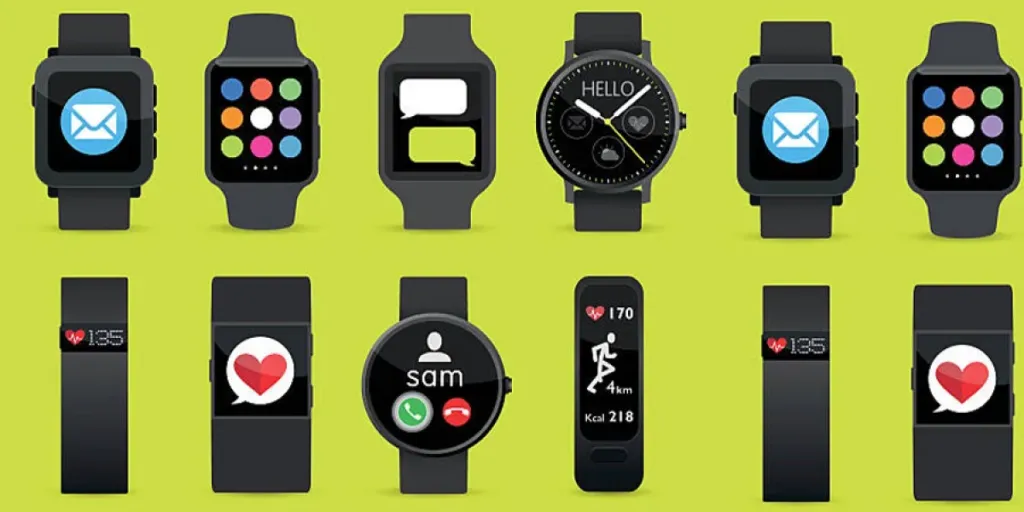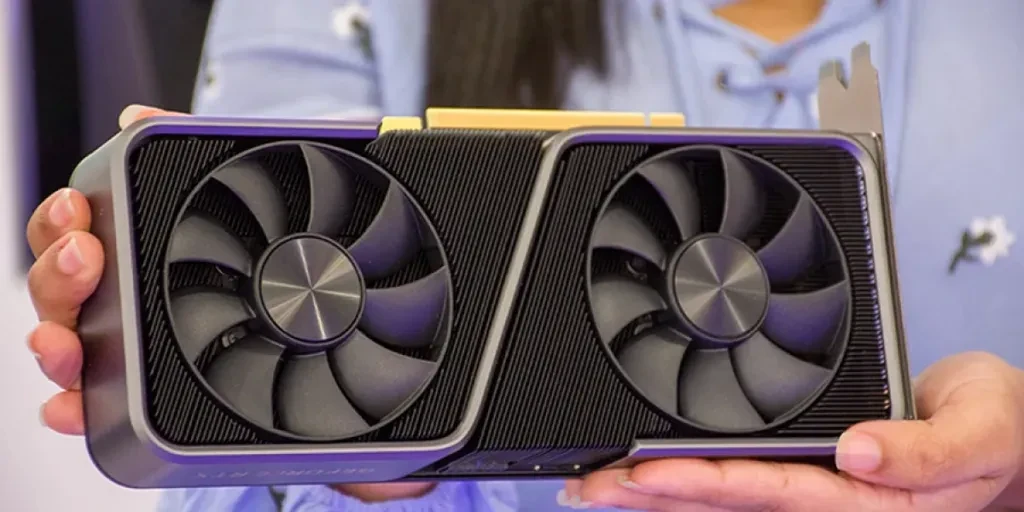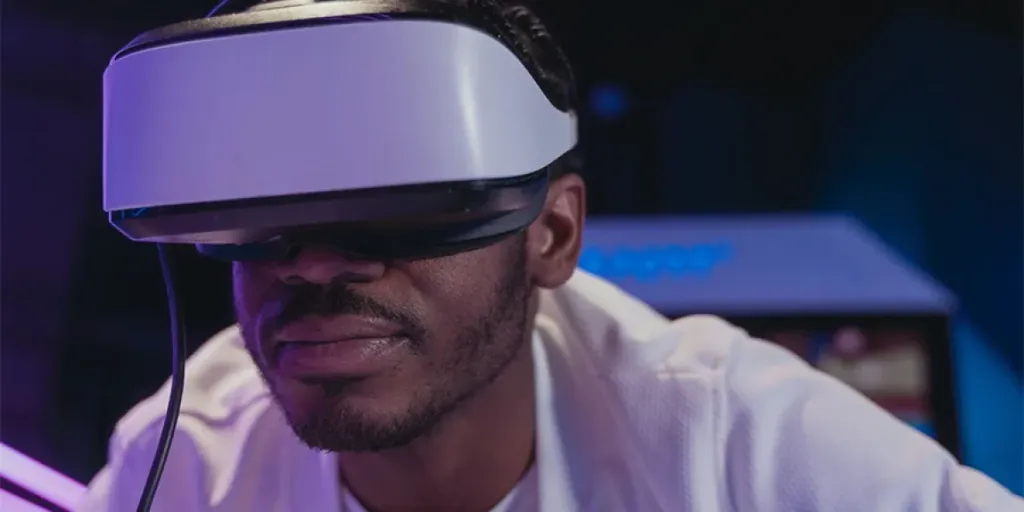Google has officially launched the much-anticipated Pixel 9 series, introducing four new models to its lineup. The launch marks a major moment for Google’s mobile division, as it also signals the end of the road for some of its older flagship models. Among the new releases is the Pixel 9 Pro Fold, a standout device that is more than just an incremental update over its predecessor. With its larger screen, upgraded chipset, and improved design, the Pixel 9 Pro Fold is set to redefine Google’s offering in the foldable smartphone market. However, with the launch of the new Pixel 9 series, Google has decided to discontinue the Pixel 7 and Pixel 7 Pro, as well as the first-generation Pixel Fold. This decision underscores Google’s commitment to pushing forward with its latest technology, while also making room for its new flagship devices.

Goodbye to Pixel 7 and 7 Pro
The Pixel 7 and 7 Pro have been key players in Google’s smartphone lineup for the past two years. Known for their cutting-edge features, including the Google-designed Tensor chip, these models have offered a blend of high performance and excellent camera capabilities. Although the company is phasing out the Google Pixel 7 series, the Pixel 7a, however, remains available, continuing to offer a more affordable option within Google’s lineup. Meanwhile, the Pixel 8 series still holds its place on the market, providing users with a solid mid-range alternative.
A Farewell to the First-Gen Pixel Fold
The first-generation Pixel Fold, Google’s initial foray into the foldable smartphone market, has also been discontinued. This move is less surprising given the arrival of the new Pixel 9 Pro Fold, which offers major upgrades over the original. The new model features a larger display, an improved aspect ratio, and the latest Tensor G4 chip, making it a far more attractive option for those in the market for a foldable device. As a result, Google has decided to retire the original Pixel Fold, with the official website now redirecting users to the Pixel 9 Pro Fold page.
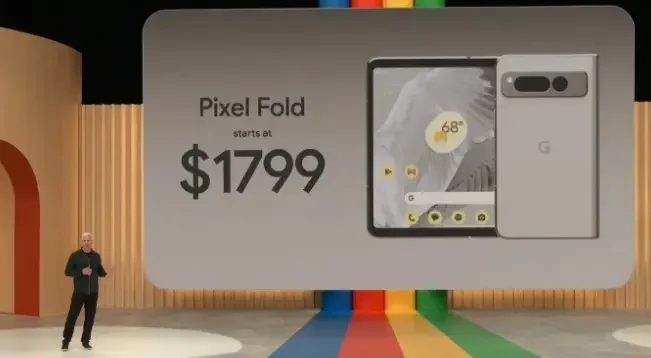
Pixel 9 Pro Fold: A Game-Changer in Foldable Technology
The Pixel 9 Pro Fold is not just an update; it is a major leap forward in Google’s foldable tech. With its larger display and improved aspect ratio, the new device offers a more immersive experience, whether you’re watching videos, playing games, or multitasking. The upgraded Tensor G4 chip ensures that the device runs smoothly, handling even the most demanding tasks with ease.
One of the most noticeable changes in the Pixel 9 Pro Fold is its larger display. The new screen not only provides more real estate for apps and media but also comes with an improved aspect ratio that makes it more comfortable to use in both folded and unfolded modes. Whether you’re watching a movie or browsing the web, the Pixel 9 Pro Fold’s display offers a more engaging experience than its predecessor.
Interestingly, Google has chosen to skip a generation of SoC (System on Chip) with the Pixel 9 Pro Fold. This decision has allowed the company to incorporate the latest Tensor G4 chip, which brings improved performance and efficiency to the device. The Tensor G4 is designed to handle a wide range of tasks, from AI-powered features to high-end gaming, ensuring that the Pixel 9 Pro Fold can keep up with the demands of modern users.
With the discontinuation of the first-gen Pixel Fold, there are now even fewer reasons to opt for the older model. The Pixel 9 Pro Fold’s larger display, better aspect ratio, and upgraded chipset make it a clear winner in the foldable smartphone market. For users looking for the latest and greatest in mobile technology, the Pixel 9 Pro Fold offers everything they could want and more.
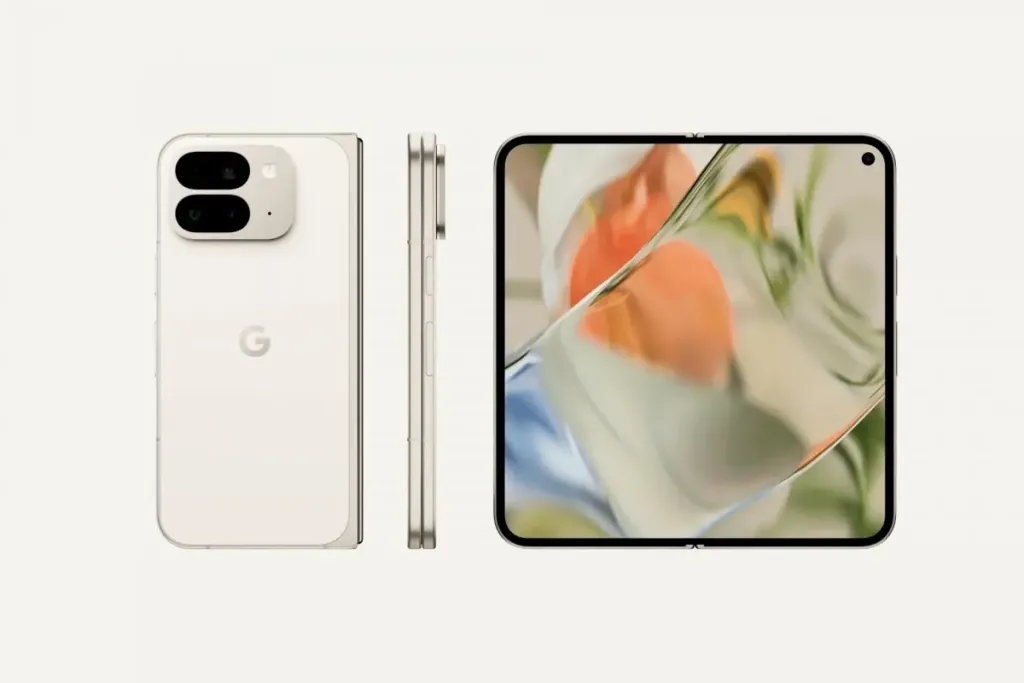
What This Means for Google’s Mobile Strategy
The launch of the Pixel 9 line and the end of older models show Google’s plan to keep pushing for new tech and growth. By cutting out the Pixel 7 and the first Pixel Fold, Google makes room for its new, top-of-the-line devices to shine. This move not only gives users the best tech but also helps Google slim down its range, making it simpler for buyers to pick the right device for their needs.
Read Also: Pixel 9 Revealed: AI Boost, Enhanced Cameras, and More!
Google’s choice to stop the Pixel 7 line and the first Pixel Fold shows its drive to stay ahead. The Pixel 9 line, with its top features and new tech, marks the path for Google’s future in mobile devices. By putting the focus on these new models, Google sets itself as a key player in the phone market, giving users devices that are both top-notch and easy to use.
By cutting out older models, Google also makes its range of products simpler. This helps buyers find their way through the options and pick the best device for them. With the Pixel 7a and Pixel 8 lines still in stores, along with the new Pixel 9 line, Google gives a range of choices that fit different needs and budgets.
Conclusion
The introduction of the Pixel 9 series marks a new chapter in Google’s smartphone journey. With the discontinuation of the Pixel 7 series and the first-gen Pixel Fold, Google is moving forward, offering users the latest and most advanced technology available. The Pixel 9 Pro Fold, with its larger display, upgraded chipset, and improved design, is set to be a game-changer in the foldable smartphone market. As Google continues to innovate and refine its mobile offerings, the future looks bright for the Pixel lineup. Whether you’re a longtime fan or new to the brand, the Pixel 9 series offers something for everyone, making it an exciting time to be a part of the Google ecosystem.
Disclaimer of Gizchina: We may be compensated by some of the companies whose products we talk about, but our articles and reviews are always our honest opinions. For more details, you can check out our editorial guidelines and learn about how we use affiliate links.
Source from Gizchina
Disclaimer: The information set forth above is provided by gizchina.com independently of Chovm.com. Chovm.com makes no representation and warranties as to the quality and reliability of the seller and products. Chovm.com expressly disclaims any liability for breaches pertaining to the copyright of content.

